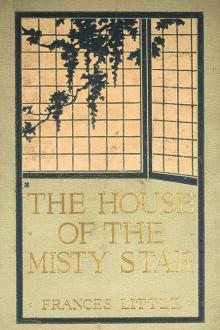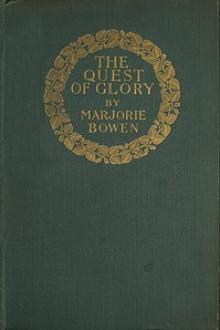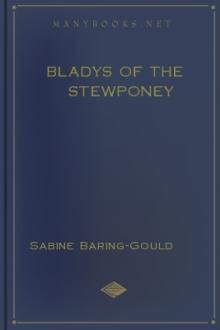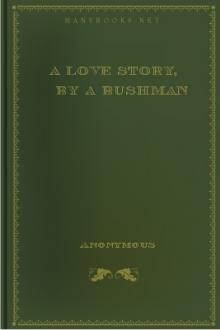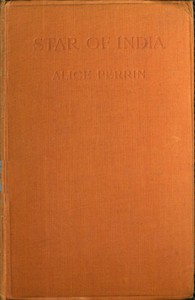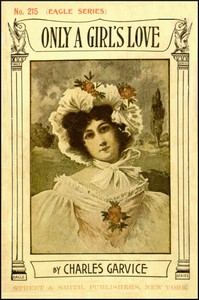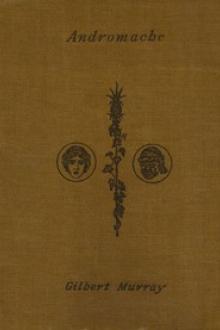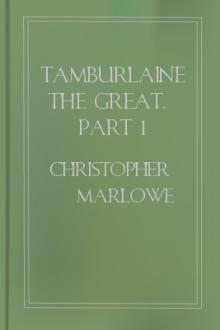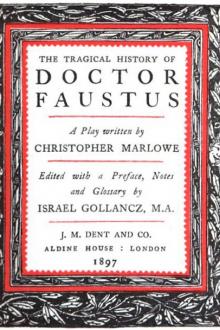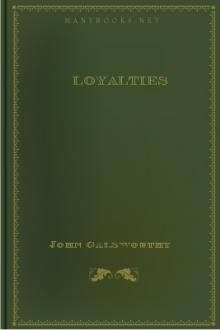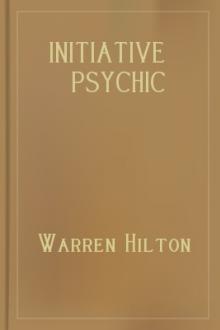Free books online - Read the best eBooks in our library!

"Stories From The Old Attic" by Robert Harris is a collection of gripping and suspenseful tales that are sure to keep readers on the edge of their seats. Drawing on a range of genres, including horror, science fiction, and fantasy, Harris weaves together a series of stories that are both eerie and thought-provoking. From ghosts haunting old houses to mysterious creatures lurking in the shadows, these stories are sure to ignite readers' imaginations and leave them with a lingering

ey have eaten the small body by now, and enjoyed it. Always worms enjoy a body to eat.And also the Devil rejoiced. And I rejoiced with the Devil. They are more pitiable, I insist, than I and my sand and barrenness--the mother whose life is involved in divorces and fights, and the worms eating at the child's body, and the wooden headstone which will presently decay. And so the Devil and I rejoice. But no matter how ferociously pitiable is the dried-up graveyard, the sand and barrenness and the
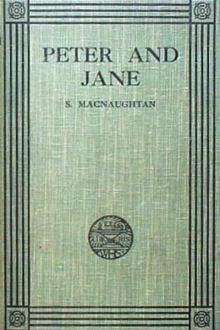
s unprotected surface to her shaft.Towards religion her attitude was the well-bred one. She took off her hat to it, as a gentleman removes his hat in church whatever his creed may be. Her own beliefs were as daring and as nearly as possible uninfluenced by outward opinion or by the accepted systems as it is possible for a creed to be. She never tried to force them upon any one else; possibly she did not believe in them herself sufficiently to wish to do so; but like her queer gowns and her dyed
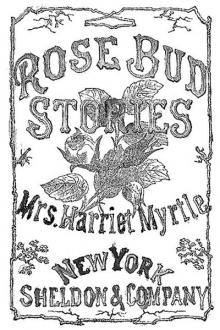
hould so much like to put Chirp into Dicky's cage.""I have been thinking of the very same thing," said Charles. "Let us run and ask mamma if we may do it." Away they ran and asked. "Why," said their mamma, "it certainly will have rather a strange appearance. The two birds do not seem suitable companions. It is an odd fancy, children; but you may do it if you like." No sooner said than done. Off ran Fanny and Charles--took the little Foundling out of

I am preparing to set off for Chantilly. Adieu, my Polly.October 2. I have arrived at Chantilly. Nancy was much better than I expected to find her. Weakness is her only complaint. She was delighted to see me, and inquired eagerly for her dear Polly, and was much pleased with your letter. Mrs. Pinkard is here--and a sweet Woman she is. Adieu. Nancy says I shall not write more. October 3. I am just up, and am going to seat myself for Sibby to crape my hair. [Sidenote: Stratford. Residence of

g till our killing time was come? The poor devils of steers have never done anything but ramble off the run now and again, while we -- but it's too late to think of that. It IS hard. There's no saying it isn't; no, nor thinking what a fool, what a blind, stupid, thundering idiot a fellow's been, to laugh at the steady working life that would have helped him up, bit by bit, to a good farm, a good wife, and innocent little kids about him, like that chap, George Storefield, that came to see me

to do, but it took more guts that he had to jump off a bridge, so he went on the Road instead.After he got over his shakes--and he sure had 'em bad--he decided that, if he never took another drink, it'd be the best thing for him. So he didn't. He had a kind of dignity, though, and he could really talk, so he and I teamed up during the wheat harvest in South Dakota. We made all the stops and, when we hit the peaches in California we picked up Sacks and Dirty Pete. Sacks got his monicker because
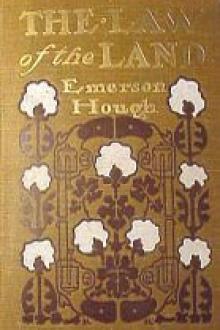
oduction, the multifold--all this was written under that skywhich now swept, deep and blue, flecked here and there with soft andfleecy clouds, over these fruitful acres hewn from the primevalforest.The forest, the deep, vast forest of oak and ash and gum and ghostlysycamore; the forest, tangled with a thousand binding vines andbriers, wattled and laced with rank blue cane--sure proof of a soilexhaustlessly rich--this ancient forest still stood, mysterious andforbidding, all about the edges of





